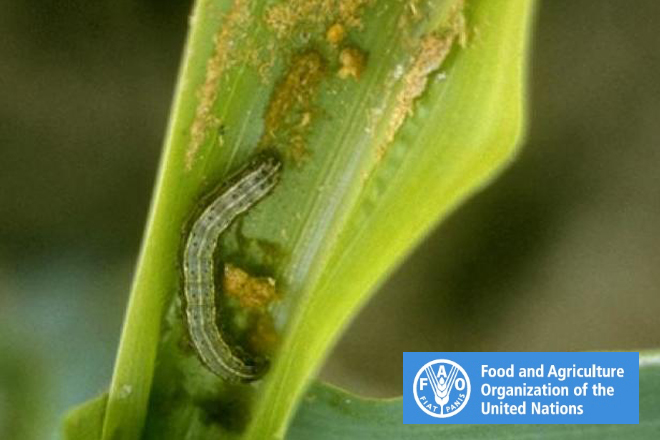buy forzest online buy forzest over the counter generic
In the absence of natural control or good management, the FAW can cause significant damage to crops and affect the livelihoods of farmers, releasing a statement the organization said. The Fall Armyworm or Spodoptera frugiperda has been reported in all major maize growing areas in Sri Lanka and is also affecting sugarcane cultivation. There is a growing concern that it may affect other crops, including rice. "Raising awareness about the FAW and understanding lessons learned from other parts of the world, including available management options are essential first steps in responding adequately to the situation in Sri Lanka," the organization said. "In this regard, the FAO has shared background information with the Ministry of Agriculture on the biology and ecology of the FAW, on how to scout the pest, and on management strategies.
buy zydena online buy zydena over the counter generic
" The information includes a range of options available that don’t use hazardous pesticides, minimize the use of chemical pesticides, and educate policymakers and farmers about agro-ecological approaches used by small-holder farmers in Latin America and being tested by small-holders in Africa and India. The organization said field guides and guidance notes about FAW Integrated Pest Management strategies developed by responding to the outbreak in Africa, particularly by implementing Farmer Field Schools, have been disseminated to the Ministry of Agriculture and the Department of Agriculture. "Tools such as the Fall Armyworm Monitoring and Early Warning System (FAMEWS) mobile app developed by FAO to collect information on FAW population levels by field scouting and/or use of pheromone traps have been shared," "FAMEWS supports all stages of FAW management: to identify the pest, monitor the level of infestation to map its spread to make decisions, as well as to learn about the important natural enemies and the measures that are most effective in managing it." FAO said that it remains committed to supporting the concerned national authorities to manage the pest and to protect the Sri Lankan farmer community’s livelihood. The organization further said that it will continue to monitor the situation in Sri Lanka and provide any technical assistance/expertise requested by the Government. Native to the Americas, FAW was first detected in Central and Western Africa in early 2016 and quickly spread across virtually all of Sub-Saharan Africa. In July 2018, it was confirmed in India in Karnataka state and since then it has been found in seven other States including in Tamil Nadu. FAW was also detected in Yemen in 2018 and has now reached Sri Lanka.

